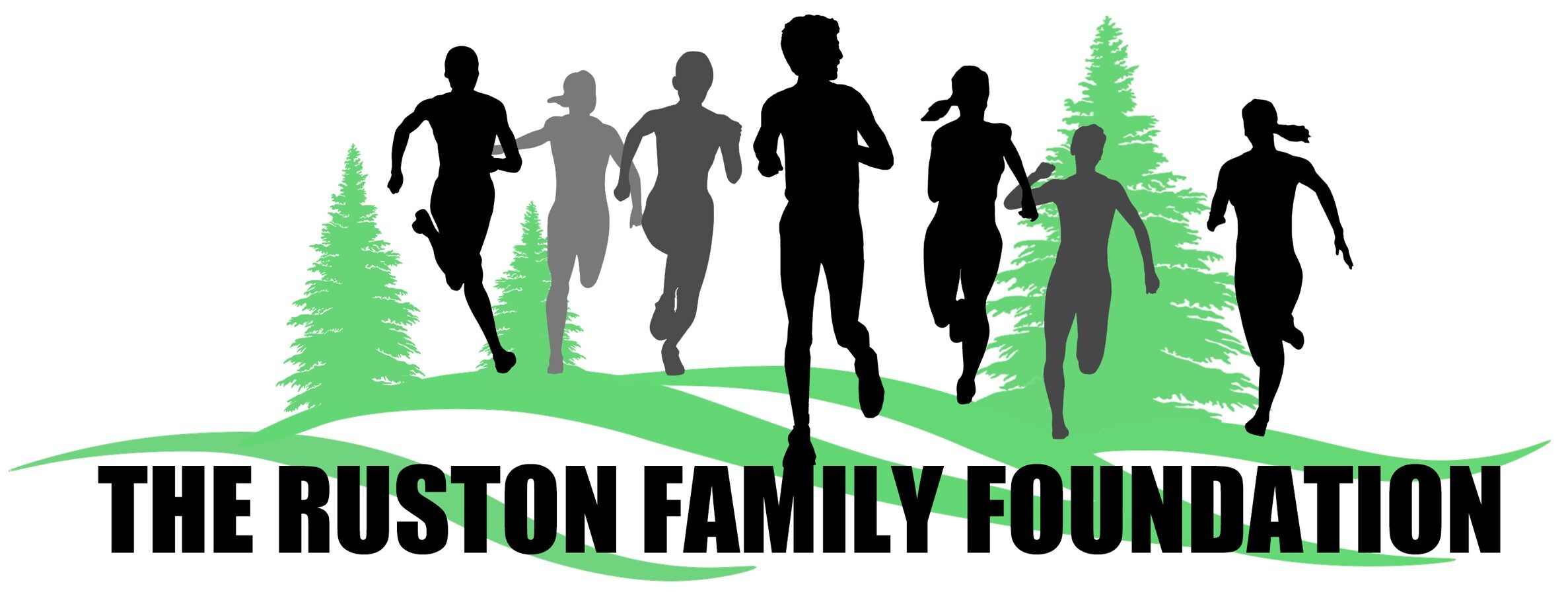Grants Program
Instructions: Applying for an RFF grant
- Read all the information on this page before applying. Note that the grants program or these instructions can be changed any time by The RFF board members—for example, depending on the applications received and particular circumstances of the foundation. Thus, the information on this page should be considered general, tentative, guidance.
- Fill in The RFF Grant Application.
- Email your completed application to rustonfamilyfoundation@gmail.com.
- You will receive a confirmation email from a member of The RFF within 5 business days. If you do not, please resend your application (it may not have been received).
- You will be notified of the results of your application according to the published grant program timeline.
- Grant awardees will need to complete a Grant Use Report within one month of the completion of the grant’s use.
- Applicants who do not receive a grant can apply again in the future, following the grant program timeline.
Grant applicants: Who can apply for a grant?
Cross country coaches and assistant coaches at Washington state high schools (public and private). Multiple applications from one coach or program are allowed, but will be considered per the priorities and criteria below (including that the grant program as a whole considers reach and impact across all of Washington state).
Grant amounts
Grants are expected to be up to $1500 per award. Applicants are asked to request an amount that will support the proposal.
Grant priorities: What are awards intended to be used for?
All grant awards must support The Ruston Family Foundation’s mission to promote the sport of cross country in Washington state high schools. Ultimately, we at The RFF hope this will help lead to healthier, happier kids, who develop a love of running. We welcome creative ideas from applicants that align with our mission!
The RFF has identified several priorities that support our mission:
- Enhancing the experience of cross country for student-athletes and spectators.
- Growing the sport of cross country.
- Improving the performance of student-athletes.
- Inclusion for student-athletes who face circumstances that make it challenging for them to participate or perform.
Under each priority, we list examples of the kinds of activities, resources, or services a grant might be used for (new ideas are welcome in applications):
- Enhancing experiences
- Enhancing meets (e.g., announcing, photography, awards, podium setups, etc.)
- Enhancing practices (e.g., music, snacks, etc.)
- Team celebrations
- Team awards (e.g., athlete of the meet shirts)
- Gear
- Growing
- Promotional materials (e.g., posters, banners, brochures, etc.)
- Recruiting events
- Photography
- Performance
- Summer camps
- Attendance at high quality meets
- Inclusion
- Transportation for teams
- Shoes & gear
- Nutrition
- Any of the examples listed above for enhancing experiences, growing, and performance for programs with a high proportion of underrepresented athletes
Grant awards are not intended to be used for more general or administrative purposes, such as to reimburse coaches or parents for expenses already paid, to generally fund a booster club, or for administrative or start-up costs for clubs or nonprofits associated with sports teams. This is not an exhaustive list, and grant applications will be evaluated for alignment with The RFF’s mission.
Other considerations for awards
In addition to the particular activities, resources, or services a grant application proposes, we will evaluate the likelihood of the following:
- Impact toward The RFF’s mission and priorities.
How likely is the proposal to make positive progress on the mission to promote high school XC in Washington? How much progress? We will consider whether the proposal is likely to be carried out effectively, such as, the practicality of the proposal and the coach’s qualifications, enthusiasm, and history of impact on the sport. - Need of the student-athletes in the program.
Applicants are asked to provide information that describes the financial need of the school community or categories of challenges that impact XC participation, and how the proposal may help. - Reach of the proposal.
How many student-athletes or spectators are likely to benefit from the proposal? For example, a proposal to enhance a large, well-attended invitational would likely have a broad reach.
Proposals for grants do not need to focus on all considerations and priorities. For example, we will consider focused proposals that greatly impact a small number of students, as well as broad proposals that impact many students in small ways, and more. We encourage applications to think creatively about how they can make a positive difference for young runners. For the grant program as a whole, we will consider impact, need, and reach across Washington state.
Timeline for the grants process
- Application due date: March 1, 2026
- Notifications will be sent approximately on April 1, 2026
This timeline is subject to change, depending on circumstances that arise throughout the grants process (such as a large number of applications being submitted).
Final step: Grant Use Report
All grant awardees must complete a Grant Use Report within one month of the completion of the grant’s use (as indicated in the submitted grant application). Grants must be used for a purpose aligned with The RFF mission and the proposal made in the application. Any changes to a grant awardee’s originally proposed purpose or completion date should be discussed and approved with The RFF in advance. Contact us at rustonfamilyfoundation@gmail.com.
Previous grant recipients must submit their Grant Use Report before applying for another grant.
